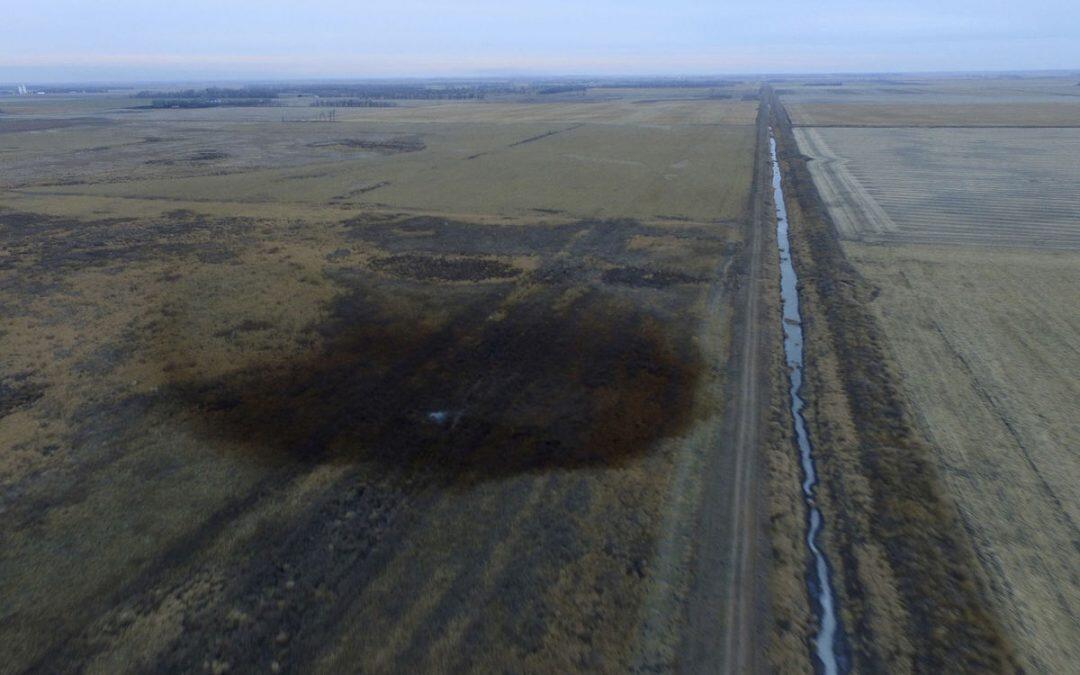“It’s troubling, it’s disappointing, it’s upsetting news. But on the other hand, it’s not unexpected.”
Haskell Indian Nations University Professor Eric Anderson said this about the recent Keystone Pipeline spillage that has affected states such as South Dakota.
According to a New York Times article, 210,000 gallons of Canadian crude oil leaked from the Keystone Pipeline onto a South Dakota grassland, and is also threatening water sources.
“People can’t drink oil,” Anderson said.
AccuWeather reported on Tuesday that the pipeline leaked more than the predicted amount and USA Today reported that oil shipments resumed the same day, but individuals are still concerned about the Keystone Pipeline and pipelines in general.
As other University students visited Standing Rock last year, Michaela Tracey, a freshman from Fort Defiance, Arizona, said she and her grandfather visited Standing Rock during the same time period as several Native Americans, water protectors and other individuals protested the pipeline that recently leaked. She said she visited Standing Rock because of her concern of the threat to clean drinking resources for the residents near the pipeline.
“I’m not trying to be a doomsday prophet or something, but I think we really have to wrap our arms around this problem, together, in order to come up with some viable solutions,” said Anderson, who is a Native American within the Citizen Potawatomi Nation. “We’re not going to be able to drill our way out of these problems.”
Tracey said a step to move forward to protect water resources and the land is to listen to more Native Americans and Indigenous people.
“The way I see it, we are going through so much trouble to gather the oil that we want to use for industrial purposes,” said Tracey, who is a Native American within the Navajo Tribe. “There’s definitely other options we can use.”
Tracey and Anderson both said it would be best to strengthen relationships with Native Americans and indigenous people as well to move forward in a positive direction.
“I’m just thinking it occurs so often, and they keep occurring,” Tracey said. “Obviously, the industry is doing something wrong.”
Anderson said going forward if these pipeline spillages continue, there may not be a way to sustain humans for years to come.
“In the end, the Earth is going to be just fine, but it may not be able to support human life if we continue down this road,” Anderson said.
Source: http://bit.ly/2j72EUW











